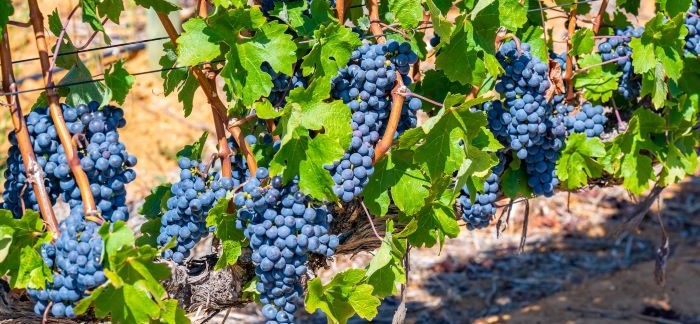(3 Minutes Read)
The European Union has established a strategic roadmap to address climate change called the ‘Green Deal,’ which, if achieved, could significantly threaten South Africa’s agriculture industry and jobs in the sector.
The European Union has established a strategic roadmap to address climate change called the ‘Green Deal,’ which, if achieved, could significantly threaten South Africa’s agriculture industry and jobs in the sector. The strategy is part of a wider ‘farm to fork’ ambition in the region. It aims to achieve climate neutrality by 2050 and specifically focuses on reducing agricultural chemicals and dealing with climate change.
According to the South African Bureau for Food and Agriculture Policy (BFAP), the strategy includes a ‘mirror clause’ that impacts countries exporting to the EU—like South Africa—and requires them to adhere to the same production and input use constraints as EU farmers. The group noted that the policy shift’s material impact on South Africa is not yet clear, and what is feasible under the rules still needs to be determined.
South Africa currently has around 100,000 farmers who produce agricultural goods for commercial purposes. The sector employs over 930,000 people, making it one of the biggest employment sectors in the country. The BFAP’s new research shows that key agricultural sectors in the country would be affected but EU’s policy shift—some for better, most for worse—including possible job losses.
The bureau’s comprehensive research report examines the policy’s potential impact, focusing on the requirement to reduce pest control. Although the outcome of the EU green deal is uncertain, the reality of losing some (pesticides) is certain, it said. It focused on four key agricultural exports—Maize, Pome Fruit, Table Grapes and Citrus—and how these sectors would be impacted.
In terms of exports, each type of crop carries a different weight regarding the EU. Maize, for instance, is not a big export to the region. However, a large percentage of some Pome Fruit exports head there—such as 28% of SA pears. Thus, the banning of certain active ingredients in pesticides used by farmers in South Africa will have wildly varying results. The BFAP said maize exports are unlikely to be affected and may even open up opportunities for some farmers to start producing crops specifically for the EU. Local maize production already meets many of the requirements for EU export, though farmers will have to incur higher costs to meet further bans.
The other crops the bureau looked at have it worse. Pome fruits and table grapes cannot ignore the European market and will have to adapt to the rules (incurring higher costs) or risk losing market share. One exception is the citrus fruit sector. 36% of this crop goes to Europe, and that is something that cannot be ignored. While the tighter restrictions may lead to lower yields, this could see products become more expensive, benefitting local farmers.
Across the board, adjustments that would need to be made to meet the EU’s new rules would invariably lead to smaller crop sizes. As the BFAP noted in its report, it often makes more sense to produce less for export and take that hit, than to keep production up but sell at a lower price in other markets. For example, its research showed that producing fewer table grapes would lead to a -15% hit to the sector, while the lower sale price to non-EU markets would cause a -38% hit. Again, maize is unlikely to be affected, but pome fruit crops would likely decline by 3% and grape production by 9%.
The BFAP said that the key takeaway from the research is that the EU’s clampdown on pesticides is a reality and that collective effort is needed to keep South Africa a major supplier to the region. This includes proactive moves at the farm level, but also by industry bodies, crop protection agents and agricultural chemical companies.
Read Also:
The BFAP warned that as crops shrink to meet the rules’ dynamics, this will invariably lead to job losses. Jobs on-farm and in packhouses are linked to area and volume, it said. For any crops that see these volumes decline, the job losses would move in the same direction.
Pome fruit farms sustain 47,868 full-time equivalent jobs on farms. Highly seasonal table grapes sustain 14,511 permanent workers and 84,008 seasonal labourers. The BFAP noted that, under the new rules, an estimated 7,320 full-time equivalent jobs at the farm level could be lost by 2033.





